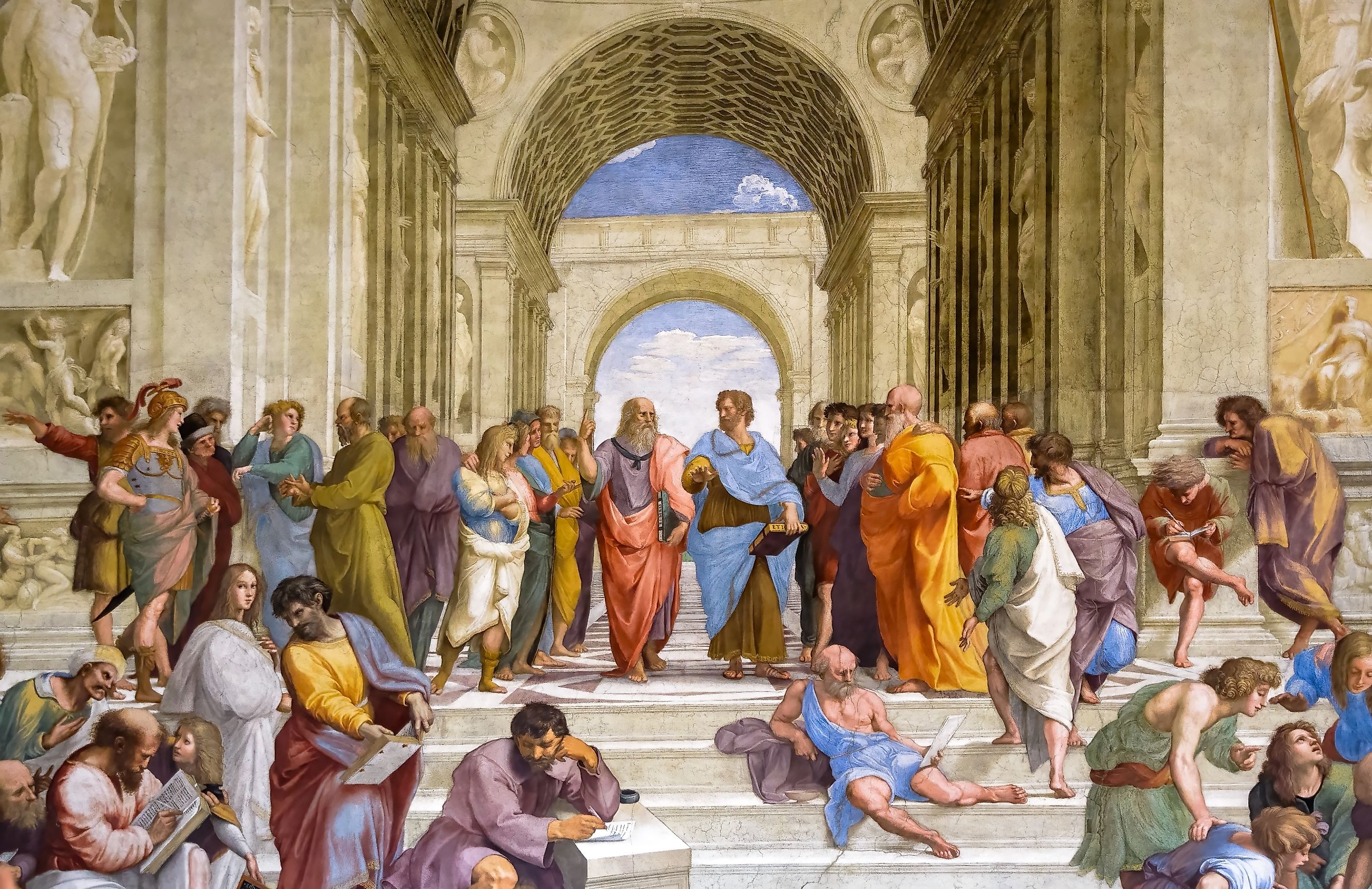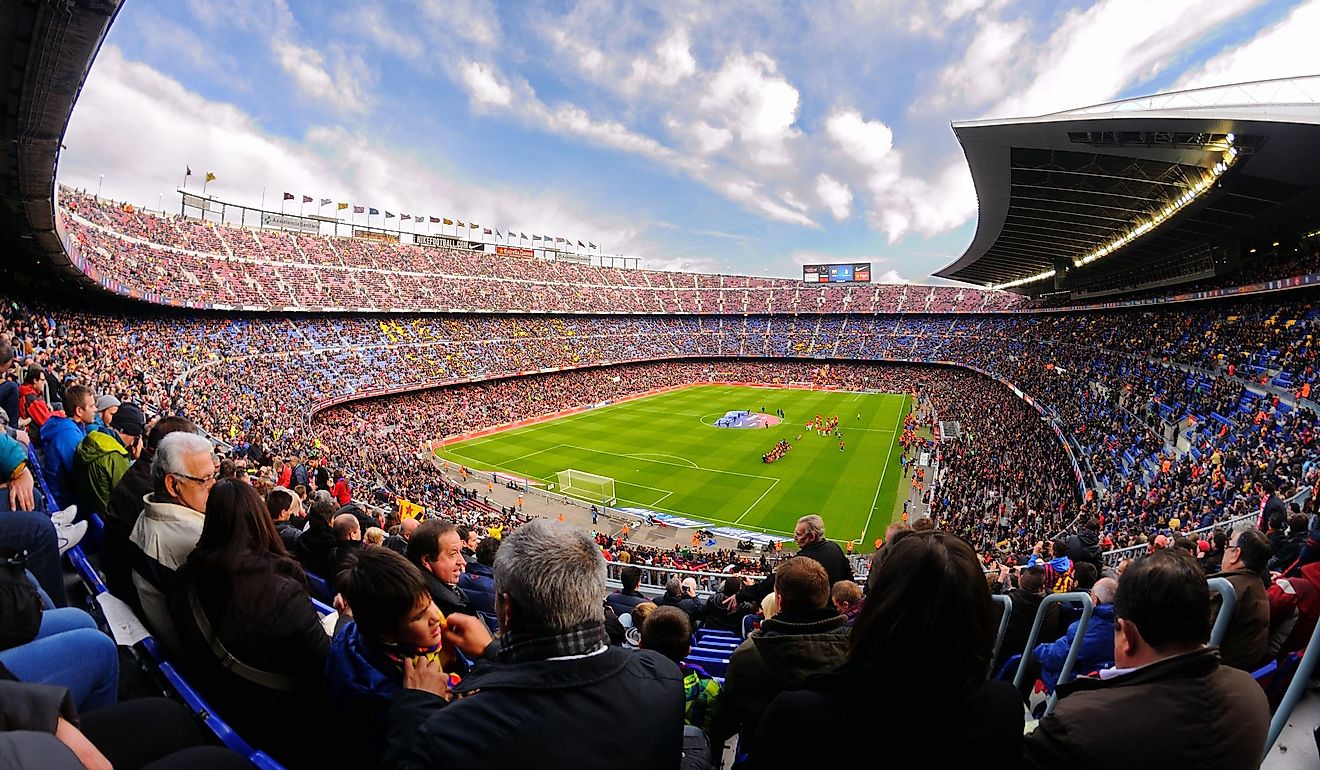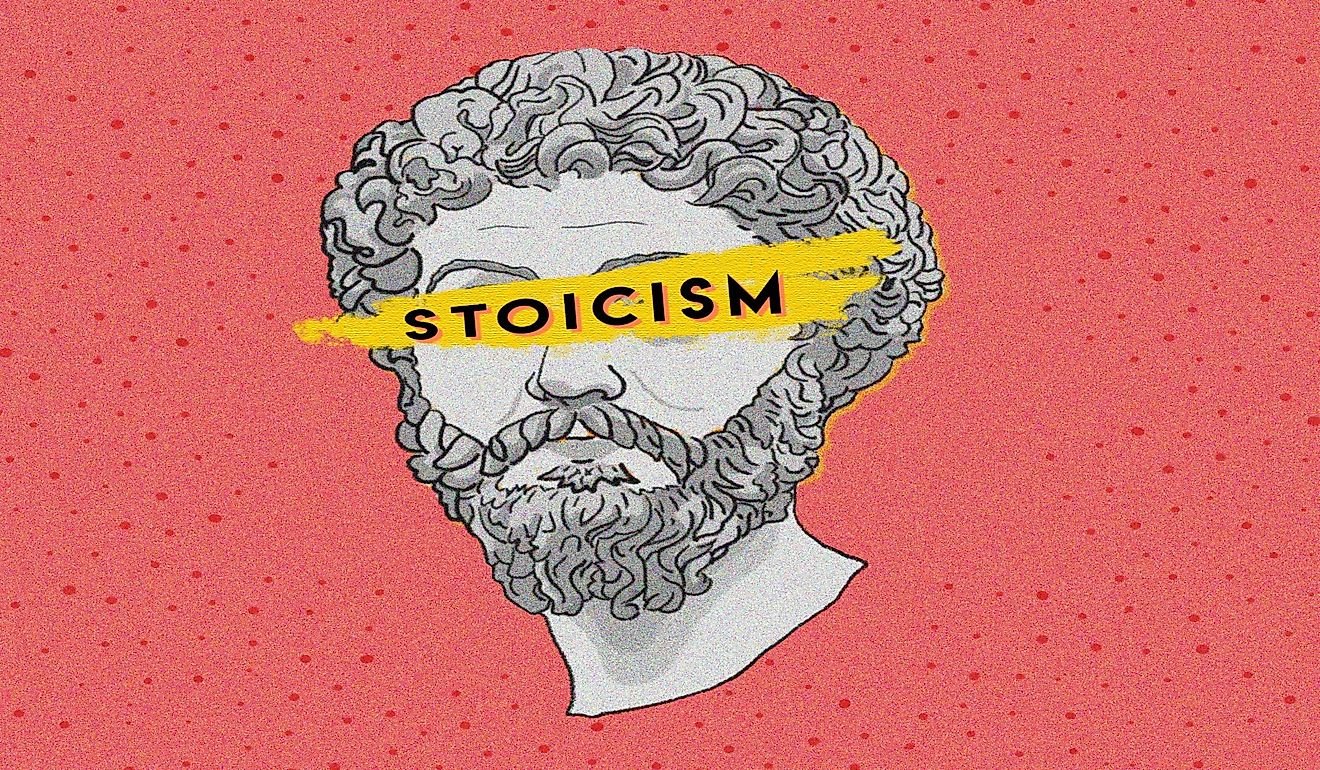
What is the Ideal World According to Famous Philosophers?
What is your perfect world? Most people would agree this ideal world would be free of hunger, poverty, discrimination, and violence, other details about the world aren't as readily agreed on. The question of what this world would look like is one of the most contentious questions in philosophy. From Plato's Republic to Thomas More's Utopia, philosophers have dedicated entire books to their vision of an ideal world. This article will explore five of these philosophical visions.
Plato's Three Part State

According to Plato, the first step to building an ideal state was having philosophers in charge. He argued that true philosophy and true politics go together. Politicians must be philosophers to create a state built on high values of Truth and the Good. Plato wrote about his ideal state in his book The Republic and later in his work The Laws.
Plato's vision for an ideal world starts with people fulfilling their role in society and doing what Plato believes they have to do. A society, according to Plato, is a structure with three parts, including management, protection, and production of material goods. The population of a society has three classes: workers, soldiers, and the ruling class. In a fair society, each group works together for a harmonious state.
Plato had particular moral views about the character of each person in each class. The lowest class of people, the workers, were people whose lustful tendencies prevailed. The second class of people would be dutiful and dedicated to being vigilant against internal and external dangers. The ruling class had the wisest and most virtuous people who acted with reason.
Plato stressed the importance of education for each class, tailored to their role in society. First and foremost, Plato believed justice started inside people themselves. This was necessary to build a just city.
Thomas More's Utopia

The word "utopia" might come to mind when you think about an ideal world. Thomas More was the first person to use "utopia". His 1516 book, Utopia, is a model of an ideal world on an island nation. In Utopia, More sets up a society where people and the ruling class live very different lives. People are stuck in their professional roles at corporations and cannot gain more power. One of the main draws to his utopia is that everyone has complete freedom of religion. There is no single thought-out ideology. This desire for religious freedom was a reflection of England's situation at the time More wrote this book. More lived at a time when religion divided people, and his ideal society eliminated this division.
Burke's Conservatism

Edmund Burke was another philosopher who envisioned a utopia. As the founder of conservatism, his Vindication of Natural Society outlines the first conservative utopia. According to Burke, all forms of government lead an individual to slavery. He points to examples such as exploitative forms of work, vices, and diseases that have emerged because of state rule. Burke believed that under the rule of a government, our health and freedom are sacrificed to the state. To solve this problem, Burke advocates abandoning the state and living in a "natural society." When the state is gone, he believes that a person can live off of what nature provides. This erases the need for exploitative work and slavery. The kind of life Burke advocates for is simple, without any luxuries. However, he believed this simple world would make most people happy.
Godwin's Anarchy

William Godwin's vision for an ideal society arose from ideas of anarchy. He believed that the monarchy was a corrupt system of government. Throughout human history, he saw a relationship of violence between the state and the individual. Usually, the state constricted human growth in its attempt to control people. Godwin wanted a simpler, community-based system of government that was egalitarian.
Reason was the core principle of Godwin' ideal society. While people don't always act rationally, Godwin argued that when they don't, it is because of social conditioning. Changing these systemic issues would change the evil actions of the person. People would naturally do what seems right in their own eyes and this would eventually lead to doing what is suitable for the community. According to Godwin, this was proof that people live by reason. This reason could build a healthy, egalitarian society. Godwin's ultimate ideal world vision included free-thinking people living in self-governed, self-sufficient communities, which would replace the need for the state.
Leibniz: We Are Already in The Best World

While many philosophers argued there was a better possible version of the world, there are some philosophers who didn't believe an ideal world exists. One of these philosophers was Gottfried Leibniz. His philosophy was that the existing world is the best world that God could have created. His philosophy is sometimes known as Leibnizian optimism.
Leibniz built his argument that we are already in the best possible world on the assumption that God is omnipotent, omniscient, and omnibenevolent. He believed that since God created the existing world, and he is all-powerful in every way, he chose to create the best possible world. Leibniz also believed that God could have chosen not to create a world at all. Therefore, this world must have been the best possible option. Leibniz also questioned whether a less evil world was even imaginable. A world that seems more ideal might include a greater form of evil.
Which Philosophy is True?

Now that you have learned a bit about what and ideal world would look like, consider what the right answer is. Do you agree with Plato's three-tiered society? Or do you envision Godwin's self-sufficient anarchy as the perfect world? Maybe you have a different idea of what the ideal world looks like. There is no objective answer about what the ideal world looks like. This is part of what makes discussing this question so interesting. Reflecting on this question forces us to confront the areas of society we want to improve. It also helps us understand ourselves.







